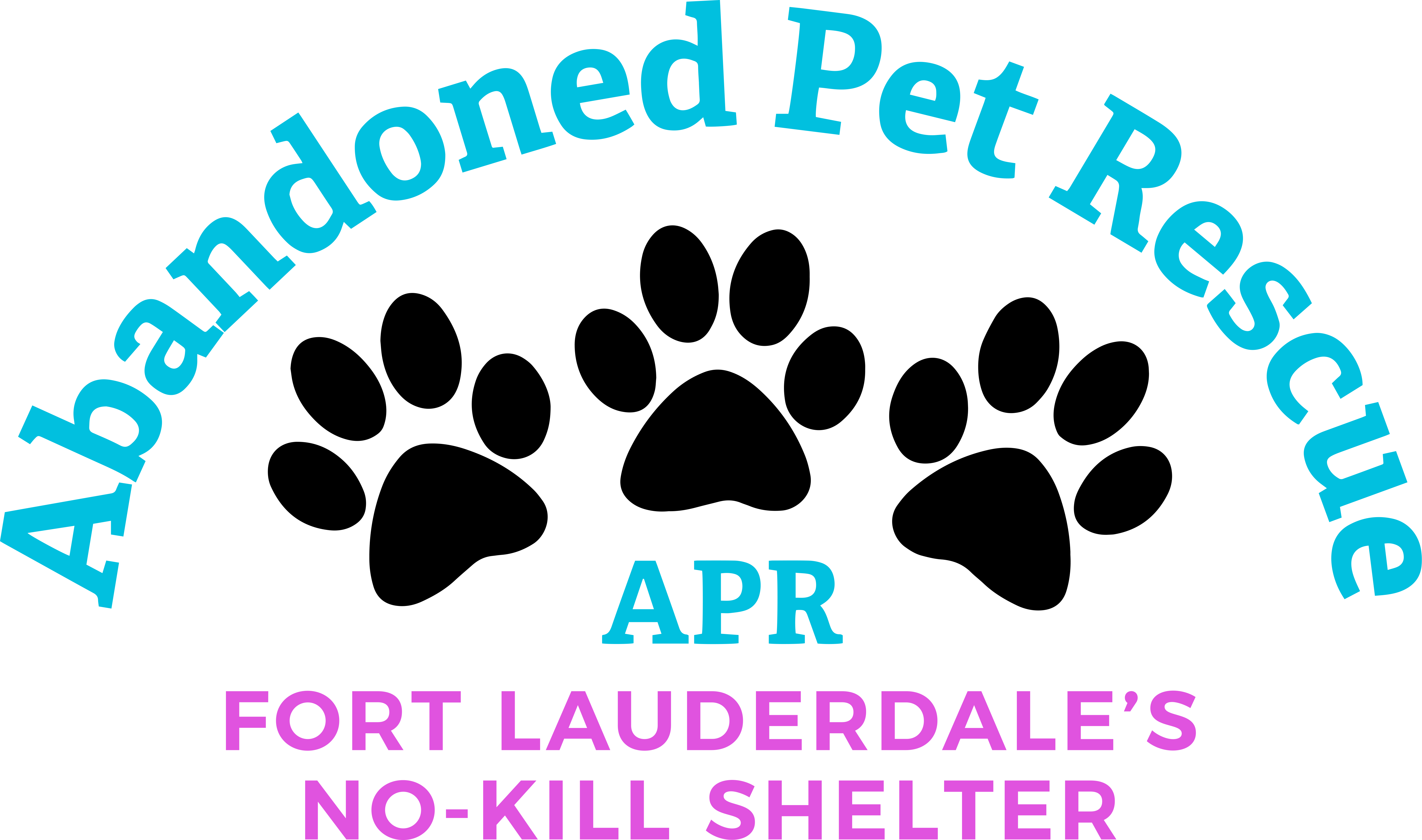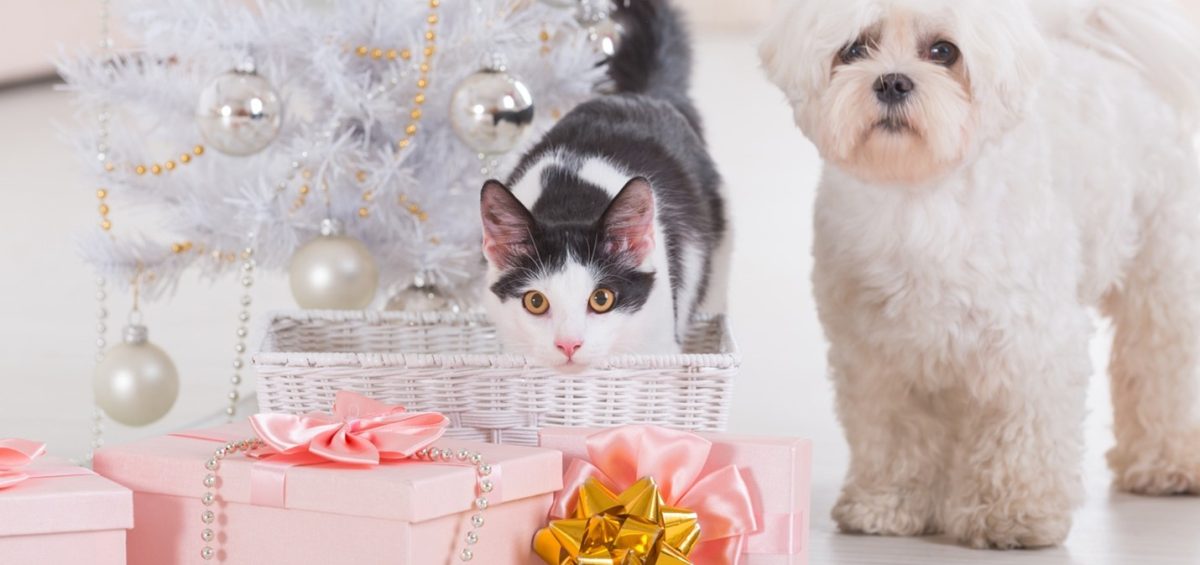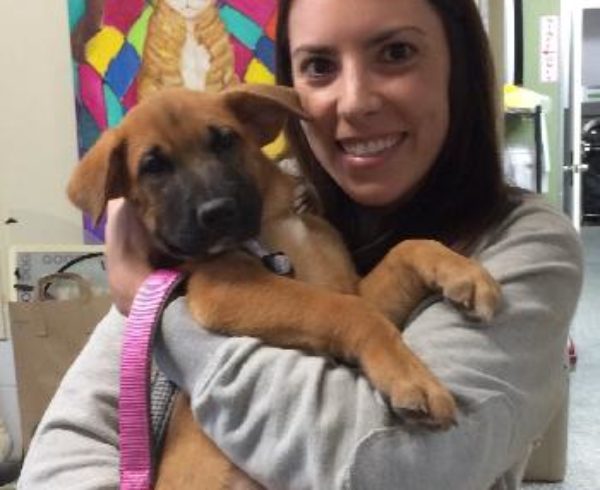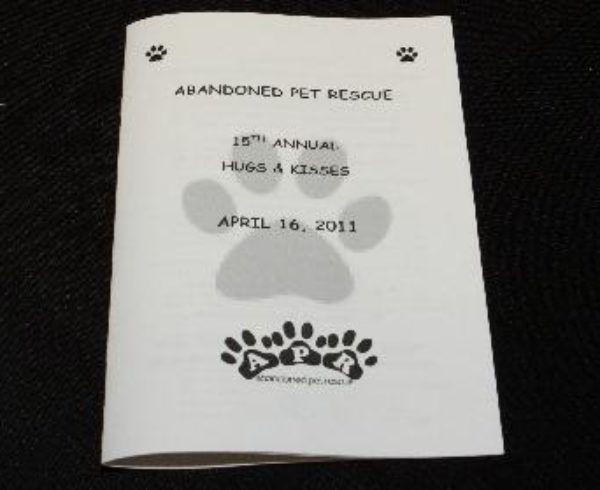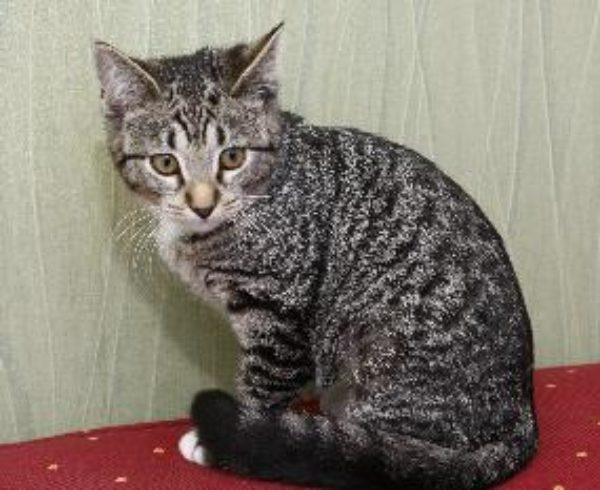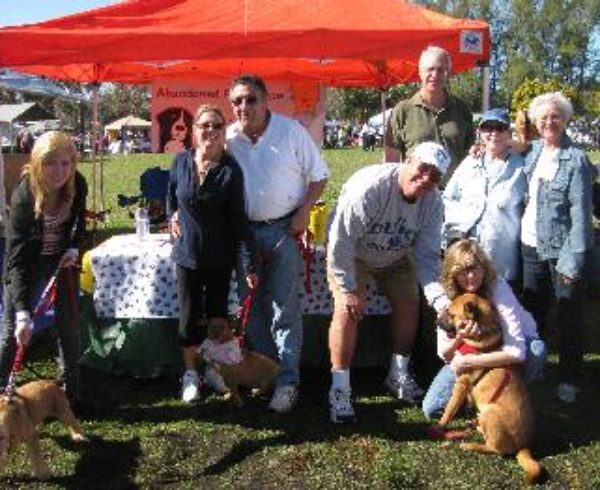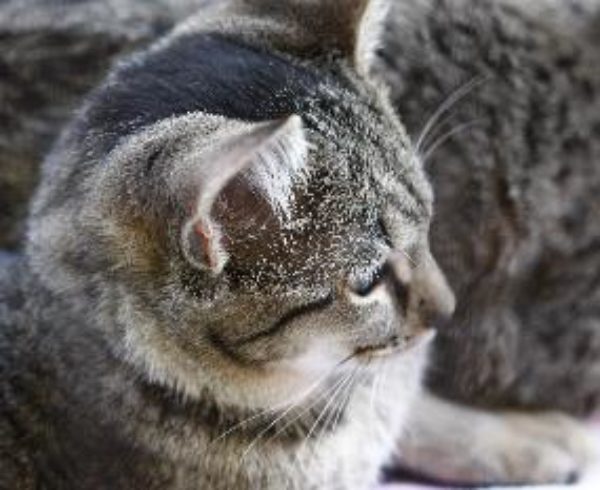It’s December! That means we’re feeling festive, recuperating from our Thanksgiving meals, and gearing up for a month-long season of giving, celebrating, maybe reflecting on the past year.
Our pets, as family, are very much a part of the festivities, and we know we need to be mindful of more common hazards around this time of year. But, what about those we don’t hear about as much? They can slip through the cracks. Let’s take a look at lesser-known holiday hazards and what you, as a pet parent, should know.
We’ll do a 5 over 5 of top tips, both common and less so, to be aware of.
The Commons
I’d be remiss in assuming all pet parents know the common pitfalls around the holidays that cause illness or issues in your pets. So, here they are, briefly, before we dive into the others.
Feeding Inappropriate Foods: Many holiday foods can be harmful or even toxic to pets, including chocolate, onions, alcohol, and certain artificial sweeteners like xylitol found in many candies. Make sure to keep these items out of reach and educate guests about not feeding table scraps to pets. Often, some pets have food sensitivities or sensitive digestive tracts, and even just a bit of holiday food will through them off, creating unnecessary suffering for them and you. You can read more about what to do in case your pet gets poisoned here: https://jodylteiche.com/yikes-my-dog-ate-chocolate-what-do-i-do/
Decorative Hazards: Holiday decorations can pose risks to pets. Tinsel, ribbons, and ornaments can be tempting for cats to play with or chew on, leading to choking or intestinal blockages. Glass ornaments can break and cause injuries. Keep decorations out of reach or choose pet-safe alternatives.
Candles and Open Flames: With the prevalence of candles during the holidays, there is an increased risk of pets knocking them over and causing a fire. Curious pets might also burn themselves by getting too close. Opt for flameless candles or keep traditional candles in secure holders on high surfaces. And, with cats, high surfaces may also not be safe enough, so please keep that in mind.
Unsupervised Access to Gifts: Wrapped gifts can be intriguing to pets, and they may be tempted to chew on ribbons, bows, or even unwrap presents. Ingesting wrapping materials can also lead to digestive issues or blockages. Keep gifts out of reach until it’s time to open them, and then, dispose of wrapping materials right away.
Stress and Overstimulation: This is a key one. The holidays can be overwhelming for pets due to changes in routine, increased noise levels, and the presence of guests. Some pets may not be comfortable in this environment and become stressed or anxious. Providing a quiet and safe space where your pet can retreat if needed, is important. Be mindful and observant of their comfort and well-being amid the hustle and bustle.
Let’s Go Deeper!
What about the things that are less obvious and can still affect our pets physically and emotionally? Let’s unpack that.
Overlooking Toxic Plants: Some of our most beloved holiday plants can be toxic to pets. While many are aware of the dangers of poinsettias, other plants like holly, mistletoe, and lilies can also be harmful. Make sure to keep these plants out of reach or opt for artificial alternatives to ensure your pet’s safety. Remember…that curious or rambunctious kitty can reach higher places than you may realize.
Neglecting Regular Exercise: Let’s face it; holidays ramp up the activity around a house. If you’re entertaining, you may be busier than usual with preparation and your pup may bear the brunt of that with fewer walks and less exercise overall. Exercise is like the great equalizer. It smooths out the rough edges of the emotions, helps the body detoxify, builds a healthy appetite and, overall, helps to create a feeling of wellbeing. Dogs, in particular, will still need regular walks and playtime to expend energy and stay mentally stimulated. We don’t want a pup who has more energy than he knows what to do with, jumping all over guests or destroying anything you’ve worked so hard to create this holiday.
Ignoring Your Pet’s Stress Signals: As mentioned above, the holidays can be stressful for pets due to changes in routine and increased activity. Some pets may show signs of stress such as hiding, excessive grooming, or changes in appetite. Ignoring these signals can lead to heightened anxiety or even illness, so pay attention to your pet’s sometimes subtle signals that they are stressed, and provide a quiet space for them to retreat if needed.
Disregarding Temperature Changes: Depending on where you live or visit, the holiday season might bring colder weather. Ensure that your pets, especially those accustomed to warmer climates, are adequately protected from the cold. Consider providing them with cozy bedding, and limit their time outdoors during chilly weather. And, for those who don’t mind it, a nice doggy coat or sweater might be just what the doc ordered.
Unfamiliar Scents and Substances: The holidays often involve the use of scented candles, potpourri, and other fragrances. While these can be pleasant for humans, some pets may be sensitive to strong scents. Their sense of smell is 10,000 to 100,000 times more acute than ours, so that gives you a bit of an idea of how sensitive they are. Always leave a door open so your pet can retreat from a room that smells overwhelming or unpleasant to them. Additionally, certain substances like snow globes may contain toxic materials. Keep such items out of your pet’s reach.
Being aware is half the battle. We all want to ensure a safe and enjoyable holiday season for our furry friends, so regular attention to your pet’s well-being and quick action if any issues arise will contribute to a happy and healthy holiday season for everyone.
Happy Holidays! 🎄🎁🎉🐾
Jody L. Teiche
Certified, Pet Health Coach


